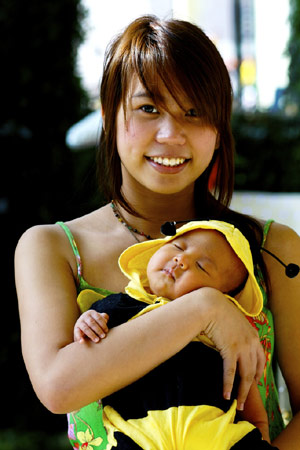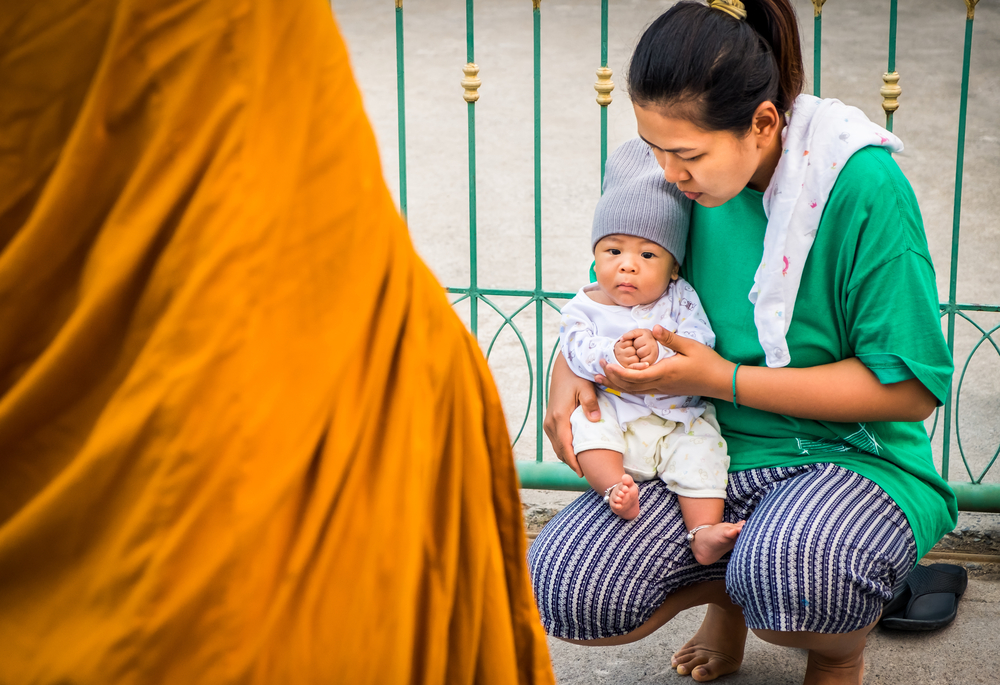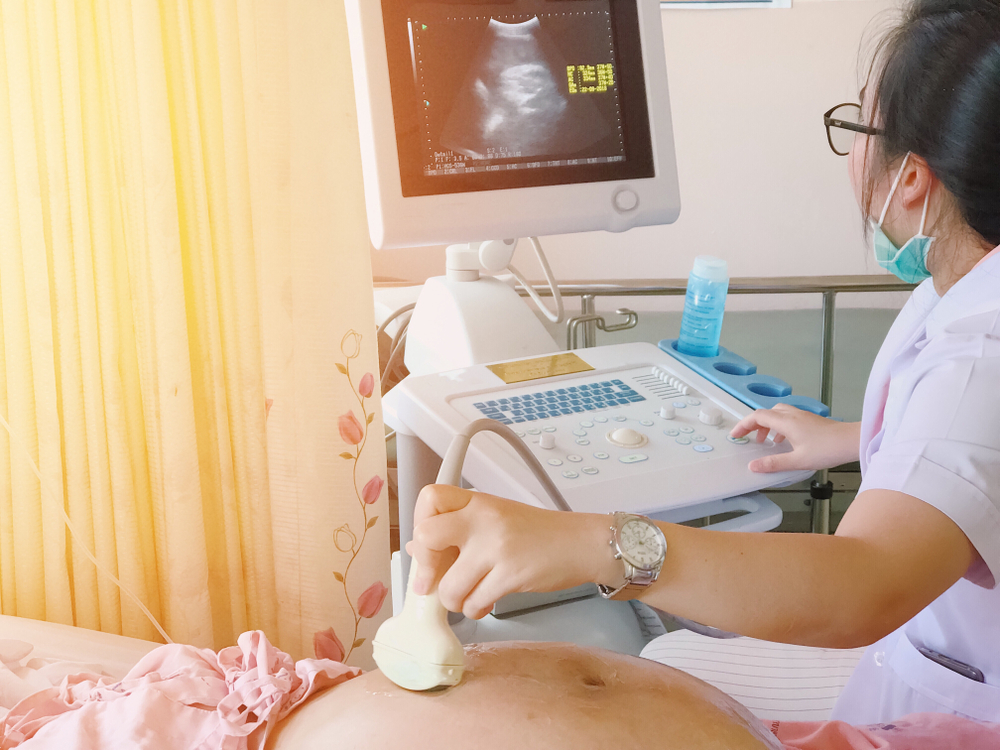Life Stages: Birth
Common Practices
Buddhism has been the core of Thai culture for centuries and affects the Thai way of life from birth through death. The Theravada canon of Buddhism, which has a lot of influence on Thai culture, states that birth is the beginning of the cyclic events that make up the physical reality of life.
Pregnant women in Thailand may observe a variety of prohibitions. The most common one is that she should not accept any gifts for herself or the baby until the child is born because a gift might attract the attention of bad spirits.
Almost all Thai women give birth with the assistance of a skilled attendant. Most babies are born in hospitals with a trained midwife assisting. Doctors generally attend only if there’s a problem with the birth.
Mothers swaddle their newborns and keep them close for 30 days after birth. During this period, the family or members of the community care for both the mother and the baby.
Multiple Birth Ceremonies
Thais have several ceremonies intended to keep bad spirits away from a baby. For example, when an infant is three days old, an older woman pretends to be the baby’s mother in a ceremony designed to confuse evil spirits. She rocks the baby in a basket and offers coins to the spirits to appease them. It is unlucky to say that a new baby is beautiful, because that might tempt bad spirits. In another effort to confuse the spirits, parents usually call a new baby a nickname like "mouse" or "pig."
When a baby is one month old, Thais hold a ceremony called tham khwan duan, which marks the infant’s formal entry into the family. At the start of the ceremony, they make an offering to the spirit of the place. They shave the baby’s head and place the shorn hair in a banana-leaf container with a caladium or lotus leaf at the bottom. They then let the hair float away on low water or, if no water is available, throw it away.
The ritual is meant to remove any spirits that might be hiding in the baby’s hair. It can also represent an appeal for a life of coolness and happiness like flowing water. The family ties sacred cotton thread around the child's wrists and ankles, and the relatives bless the child. The family usually has a party or a feast for friends and relatives after the ceremony is over.
Sometimes the family names the infant after they finish the tham khwan duan ceremony. They often ask a monk to help choose a name according to what will bring the child luck. It’s common for Thais to change their names to bring luck later in life.
On birthdays, most Thai families visit a temple. Children participate in prayers led by monks. Children learn to be unselfish by offering gifts to the monks and to other needy people on their birthdays, and they must also express gratitude to their parents. Relatives give their blessings and perhaps small gifts of money to a birthday child. Modern Thai families may serve a birthday cake with candles at home for family and close friends. Adults also give gifts on their birthdays, usually to monks, in order to gain merit.
Reproductive Rights
The law prohibits abortion except when a pregnancy endangers a woman’s life or health as well as when the pregnancy is caused by rape. One of the first precepts of Buddhism prohibits taking a life, and for this reason anti-abortion sentiments are high among Thais.
A fetus is regarded as living, so Thais see abortion as the killing of a living being. Despite anti-abortion attitudes, illegal abortions are common, especially in rural areas where contraceptives are less available.
Copyright © 1993—2025 World Trade Press. All rights reserved.

 Thailand
Thailand 

